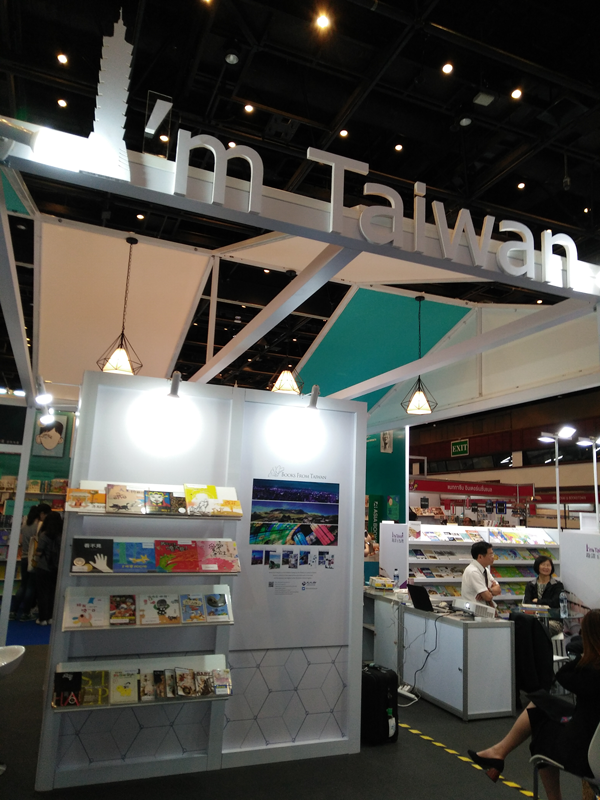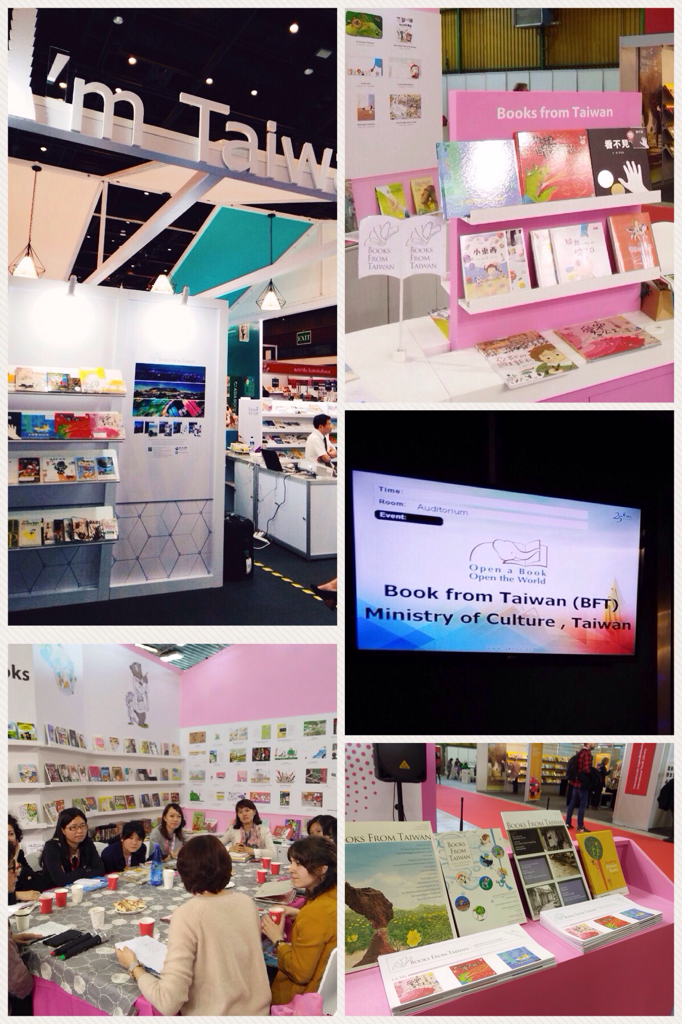First published on November 30, 2017 by Readmoo News:
https://news.readmoo.com/2017/11/30/171130-books-from-taiwan-01/
Once more, the annual Taipei Rights Workshop convened in our capital city. Its introductory event, held at the Yueyue Bookstore, was a lecture and discussion on the translation and sale of Chinese works of literature abroad. Interestingly, both non-Chinese guest speakers (one from Germany, the other from America) discussed their passion for the poetic charm and beauty of Chinese literature in fluent, Beijing-accented Chinese.
From Discovery to Cooperation: The Agent’s Art of the Deal
“My Chinese is not…particularly good,” stated Lena Petzke, her words chosen with humility and care. Lena came from Germany to China with an undergraduate background in Chinese to get a Master’s degree at Renmin University; she is now an acquisitions editor for Penguin-Random House North Asia, in charge of English translations of Chinese titles.
Having already published the translated works of literary heavyweights like Mo Yan, Bi Feiyu, and Ge Fei, Lena’s primary responsibility is acquisition and rights negotiation: “From title selection, to purchasing rights, to sourcing translation and editing…all the way to critical aspects of communication and manuscript editing.” Lena’s description of her work begins with the search for Chinese titles that might make waves on foreign markets, or that bear canonical literary merit. Yet in her view, the most difficult aspect of selling Chinese literature in translation may very well be achieving proper communication between author, publisher, editor, and translator.
“[We consider] differences in sentence structure and meaning, along with whether or not to add explanatory text to the translation, and the accuracy of the style….” Simply translating a Chinese novel back to front, sentence-for-sentence will not necessarily make it saleable. The translator may create new orders from language the author wishes to preserve, the source publisher may not agree to small details on the contract, or any number of other situations may arise that require Lena to move repeatedly between author, translator, and editor as a negotiator, like the famed wandering advisors of the Warring States period, who traveled between many royal courts to explain, interpret, and persuade into cooperation.
The Translator’s Challenge: Always the Poetry That Disappears
According to Lena, the most ubiquitous problem one faces in the course of translation involves communicating the meaning of the source text in language intelligible to an English reader; style, plot, and logic must all be clear. The second speaker, Canaan Morse (translator, editor, and poet, and also English editor-in-chief of Books from Taiwan) also admits that the most basic yet most essential task of translation is exposing readers in the target language to the linguistic context of the original.
Canaan notes that writing itself is an act of translation, as the author expresses non-lingual ideas and images on the page through writing. Therefore, a secondary transformation of those ideas through translation requires the translator to focus not on re-constructing information but on received context. “A good translation is a text with a shadow; a good translator stands next to and not in front of the author.” Thus the translator is a “servant of two masters,” standing between author and reader, doing her best to understand the needs and intentions of both.
Meanwhile, “the translator has the final word on his own draft.” Canaan explains that “when I find an ambiguity in the draft, I check it against the source text, but I always allow the translator the last word.” His words exemplify his own professional ethics: maintain loyalty to the source text. Even when employing an artist’s creativity to the crafting of the translation, one does not try to overcome or pass the source text, but allows it to say what it has to say.
Translation’s Final Objective: Expanding the Reader’s Imagination
“Only through translation can we transmit global cultural and artistic knowledge across borders.” Canaan believes that by daring to step beyond a linguistic comfort zone, the literary translator assumes responsibility for cultural development and transmission. Lena expresses a similar passion for her own work, noting: “Crafting books that will expand Western readers’ understanding of Asia is truly a worthwhile endeavor.”
During the discussion section, an audience member asks whether a translator’s experiences living in the homeland of the source language will affect his translation. Both speakers strongly confirmed that this was the case, with Canaan adding: “We’re currently translating the Taiwanese collection A Ga, and if the translator doesn’t understand Taiwanese culture, or can’t understand Hokkien, there’s no way you can bring that flavor out.”
One of the most popular questions was: among the tens of thousands published every year, how does a particular book get translated, and become an influential presence in a foreign market? To this, Lena smiled mysteriously and replied: “When we see it, we know,” leaving the audience to ponder untold possibilities.
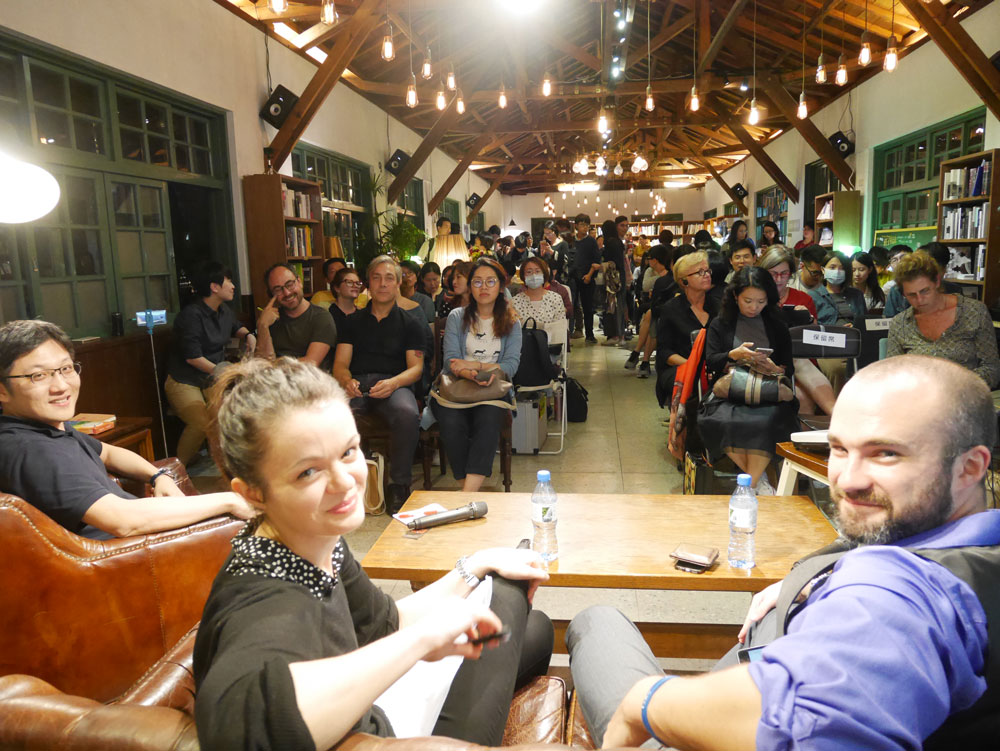
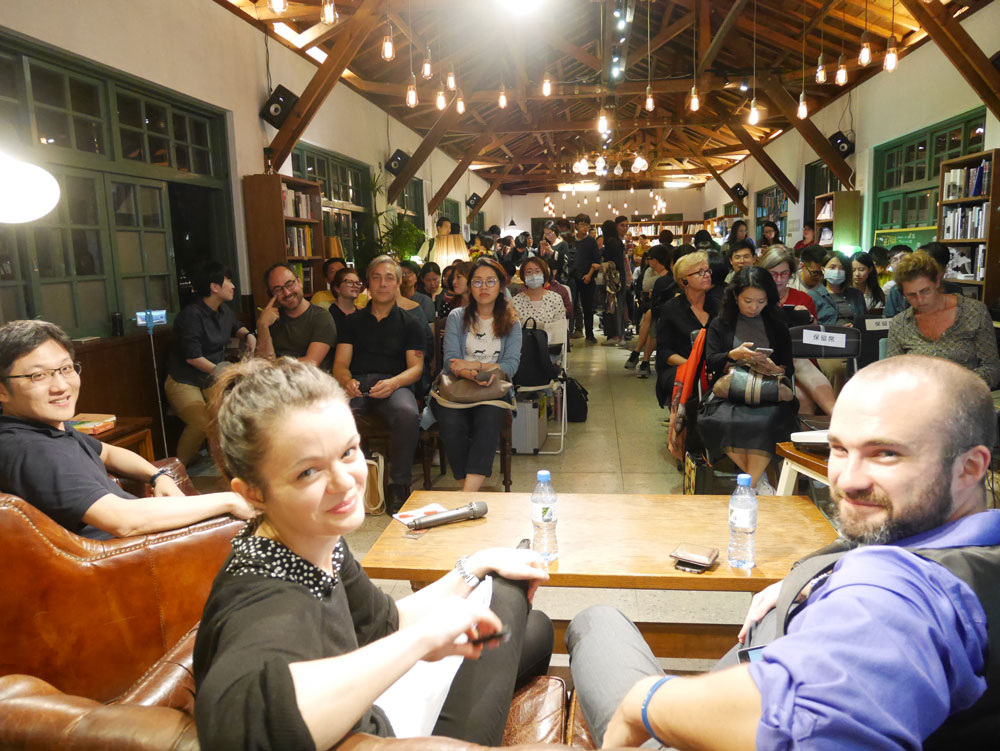
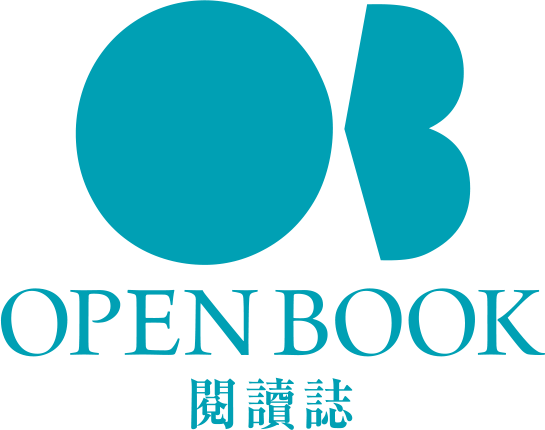
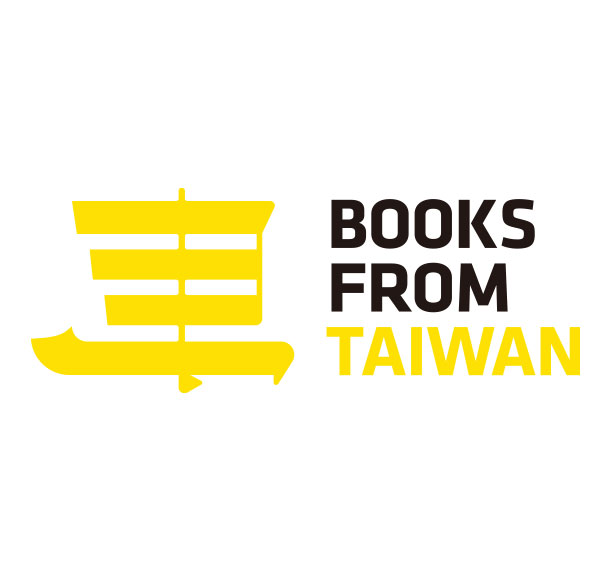
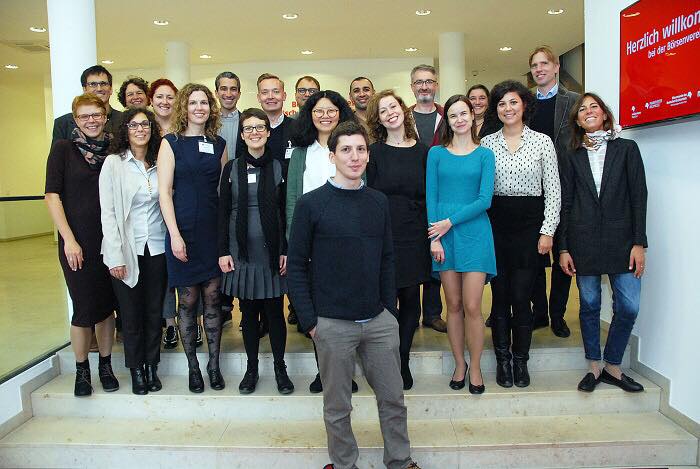
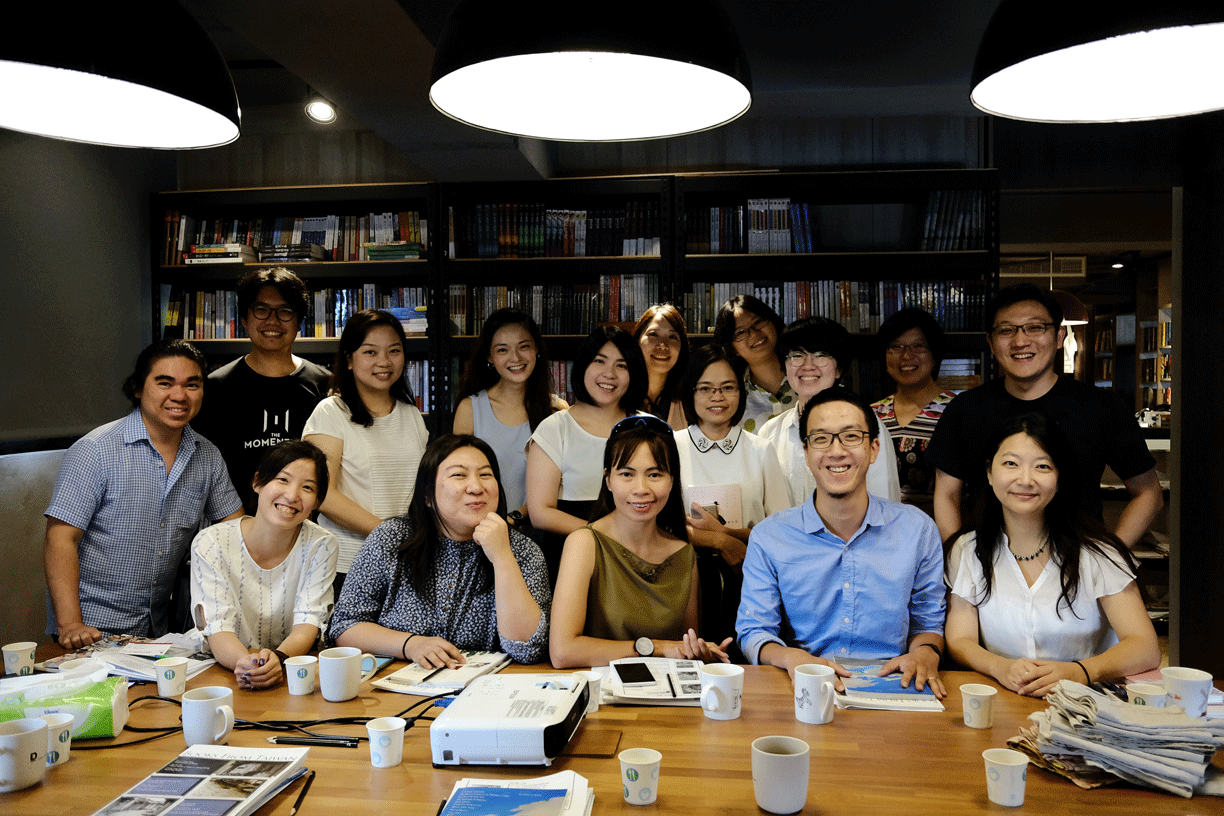
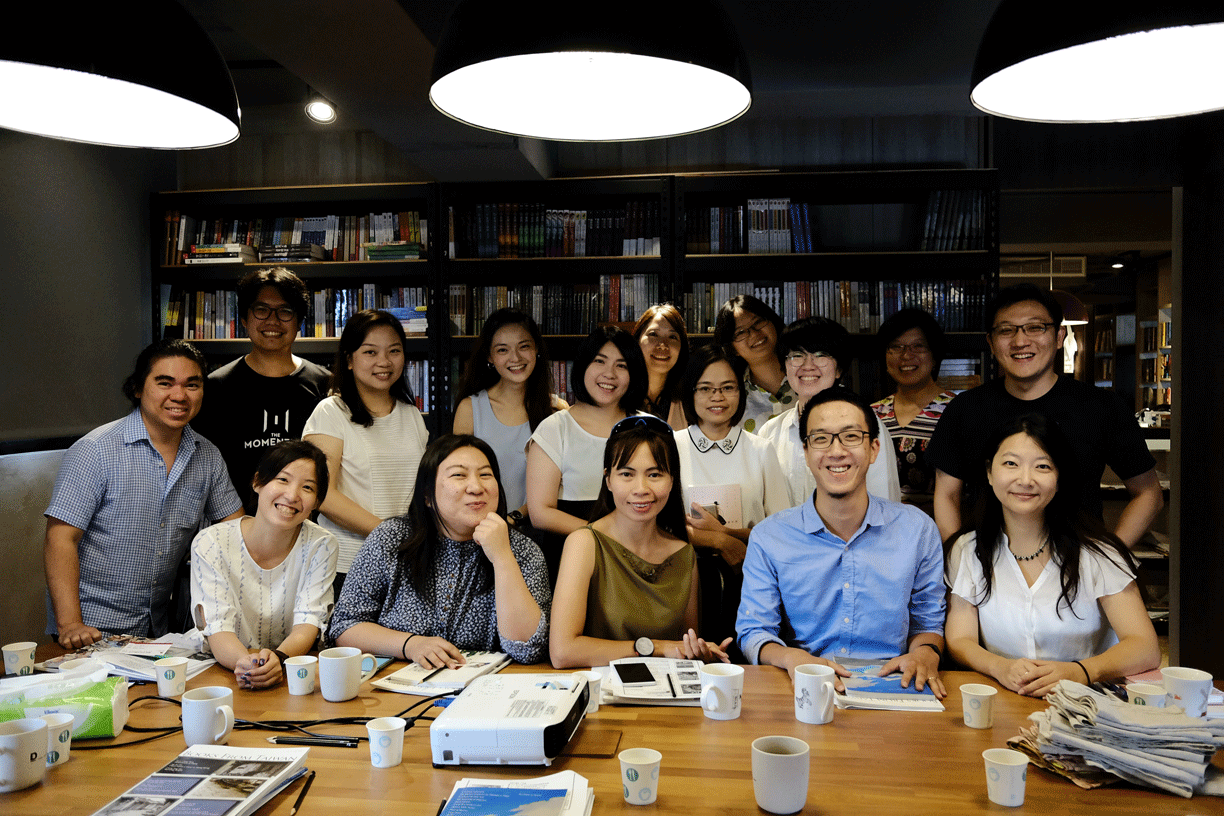
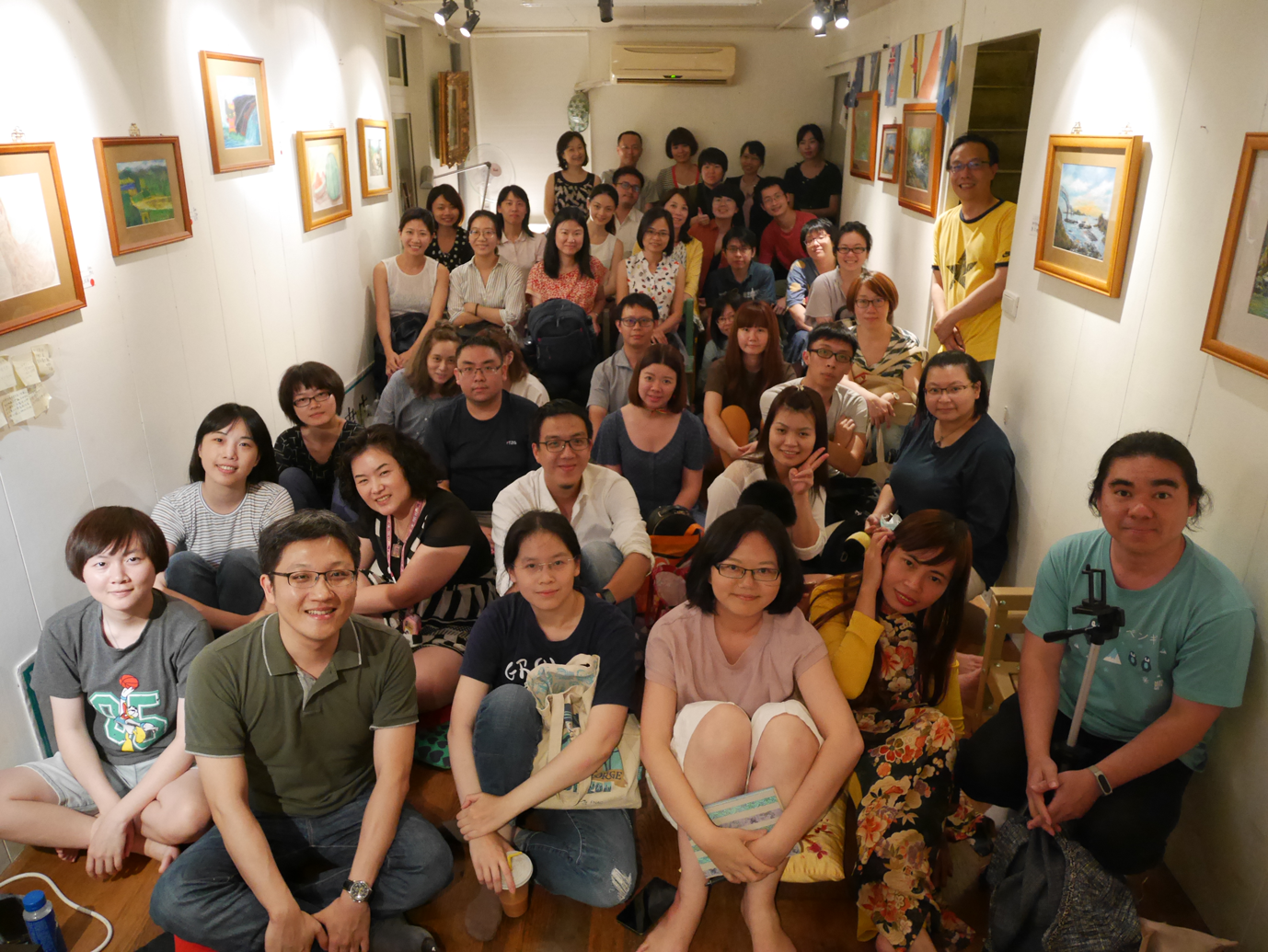

.jpg)
